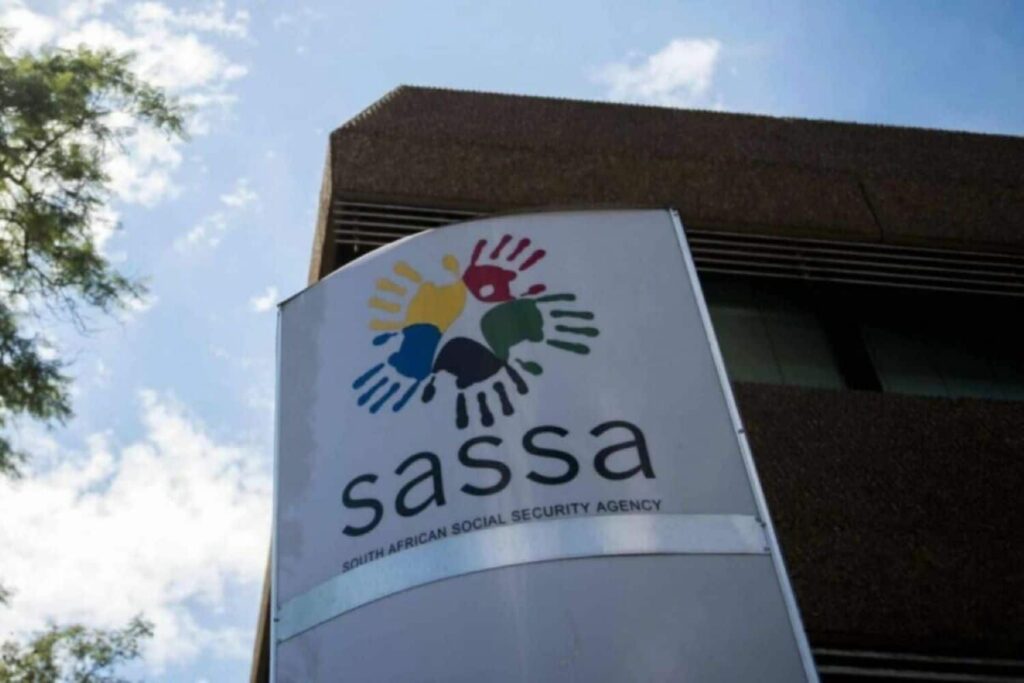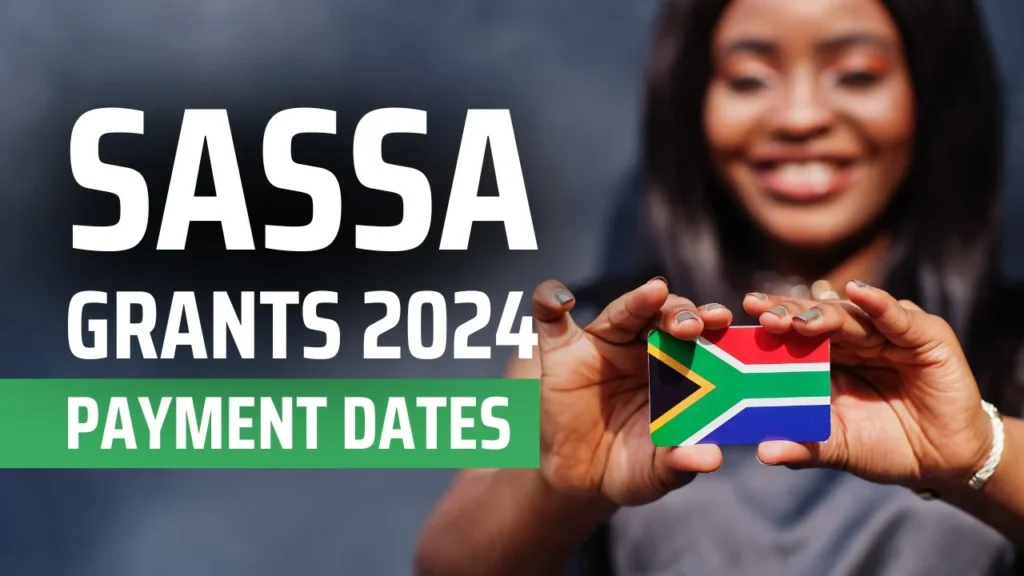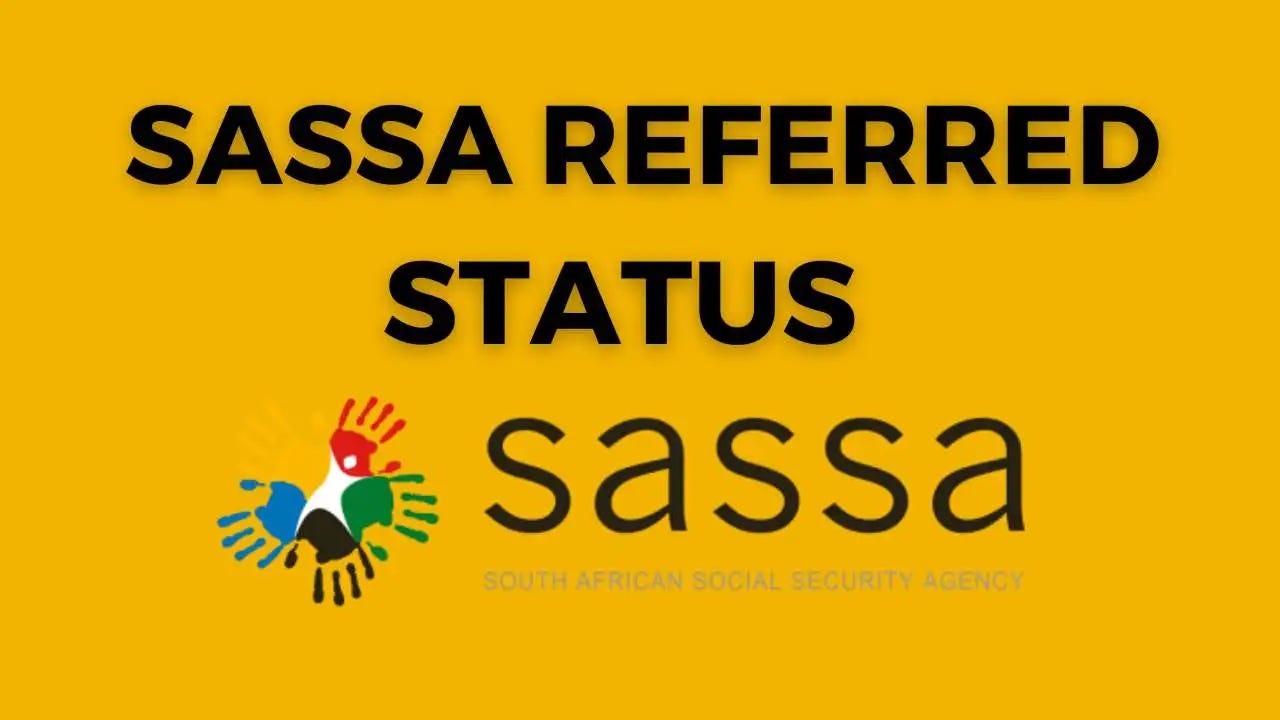The South African Social Security Agency (SASSA) plays a crucial role in providing financial assistance to vulnerable individuals in South Africa through its various social grants. Among these grants, the Social Relief of Distress (SRD) grant, commonly known as the R350 grant, was introduced during the COVID-19 pandemic to offer relief to those impacted by the economic fallout.
However, navigating the application process can be daunting, especially when encountering a “pending” status. In this comprehensive guide, we aim to unravel the mystery surrounding the SASSA pending status, its implications, and what steps you can take to ensure a smooth application process.
Understanding the SASSA Pending Status
What Does a Pending Status Mean?
If your SASSA application status is marked as “pending,” it indicates that your application is currently under review, and SASSA has not yet made a final decision regarding your eligibility for the grant. Pending status is a common occurrence and does not necessarily signify that your application will be rejected or approved. Rather, it simply means that the evaluation process is ongoing.
Reasons for a Pending Status
There can be several reasons why your SASSA application may be in a pending state, including:

Incomplete Documentation
One of the primary reasons for a pending status is missing or incomplete documentation. SASSA requires applicants to provide specific documents to prove their eligibility for the grant. If any of the required documents are missing or incomplete, your application will be put on hold until the necessary information is provided.
Verification Process
SASSA conducts thorough checks on the information provided in your application by cross-referencing it with various databases, such as the Department of Home Affairs, South African Revenue Service (SARS), Unemployment Insurance Fund (UIF), and the National Student Financial Aid Scheme (NSFAS). This verification process can be time-consuming, resulting in a pending status.
High Application Volume
During periods of high application volumes, such as during the COVID-19 pandemic when the SRD grant was introduced, SASSA may experience delays in processing applications due to the sheer number of submissions. This can lead to a longer waiting period for your application to be reviewed, resulting in a pending status.
Factors Affecting SASSA Processing Times
The duration of a pending status can vary significantly, and there is no fixed timeframe for processing SASSA applications. Several factors can influence the processing time, including:
Complexity of the Case
Some applications may be more complex than others, requiring additional verification or documentation. These cases may take longer to process, leading to an extended pending period.
Completeness of the Application
Applications that are complete and accurately filled out are more likely to be processed faster than those with errors or missing information, which can lead to delays and a prolonged pending status.
Volume of Applications
As mentioned earlier, during periods of high application volumes, SASSA may experience longer processing times due to the increased workload, resulting in a longer pending period for individual applications.
Estimated Waiting Times for SASSA Statuses
While processing times can vary, here are some general estimates for different SASSA statuses:
Pending Status
According to SASSA, it can take up to 90 days for a grant application to be approved, though some applications may be processed faster or slower depending on the factors mentioned above.
Approved Status
If your application is approved, it may take up to two weeks for the grant to be processed and paid into your bank account.
Rejected Status
If your application is rejected, you will typically receive notification of the decision within a few weeks of submission.
Suspended Status
If your grant has been suspended, it may take several weeks for the issue to be resolved, depending on the nature of the suspension and the required documentation or information needed to reinstate your grant.
Checking Your SASSA Status
It’s essential to keep track of your SASSA application status to monitor its progress and ensure that any issues are addressed promptly. You can check your status through the following channels:
SASSA Website
Sassa website and log in to your account to view your application status. The website provides real-time updates on the status of your application.
SASSA Office Visit
You can also visit your nearest SASSA office and speak with a representative to inquire about your application status. Be sure to bring your identification documents and any relevant paperwork related to your application.
Phone Consultation
SASSA offers a phone consultation service where you can speak with a consultant and check your application status. Keep in mind that wait times may vary depending on call volumes.
Addressing a Prolonged Pending Status
If your SASSA application status remains pending for an extended period, it’s essential to take proactive steps to ensure that your application is being processed correctly.
Follow Up with SASSA
If your status remains pending for an unusually long time, it’s advisable to follow up with SASSA directly. This can be done by visiting your nearest SASSA office, contacting them via phone, or reaching out through their official communication channels.
Provide Additional Documentation
In some cases, SASSA may request additional documentation or information to process your application further. Promptly providing the requested documents can help expedite the process and move your application out of the pending stage.
Appeal Process
If your application is ultimately rejected, you have the right to appeal the decision. SASSA will provide you with the reasons for the rejection, and you can submit an appeal within 90 days of receiving the rejection notice. However, it’s advisable to submit your appeal within the first 30 days for a more timely resolution.
Understanding the SRD Grant

What is the SRD Grant?
The Social Relief of Distress (SRD) grant, commonly known as the R350 grant, was introduced by SASSA during the COVID-19 pandemic to provide financial assistance to South African citizens who were unable to meet their basic needs due to the economic impact of the pandemic.
Applying for the SRD Grant
To apply for the SRD grant, you can visit the official SASSA website or approach your nearest SASSA office. Be prepared to provide the required documentation, such as your South African ID, proof of income (if any), and proof of residence.
Checking Your SRD Grant Status
You can check the status of your SRD grant application through the same channels mentioned earlier, such as the SASSA website, office visits, or phone consultations. Keep in mind that the SRD grant application process may take longer due to the high volume of applications received during the pandemic.
SRD Grant Payment Dates
It’s important to note that the SRD grant does not have a fixed payment date. SASSA approves applications for this grant, and beneficiaries are notified via message when their payment is available for collection. Once your SASSA SRD status check appeal has been confirmed successful, payments will be made retroactively from the month you initially applied.
Appealing a SASSA Grant Decision
If your SASSA grant application is rejected, you have the right to appeal the decision. Familiarizing yourself with the appeal process can increase the likelihood of a favorable outcome.
Understanding the Appeal Process
When your application is rejected, SASSA will provide you with the reasons for the rejection. If you believe that the reason for rejection is inaccurate or unfair, you can submit an appeal within 90 days of receiving the rejection notice. However, it’s advisable to submit your appeal within the first 30
